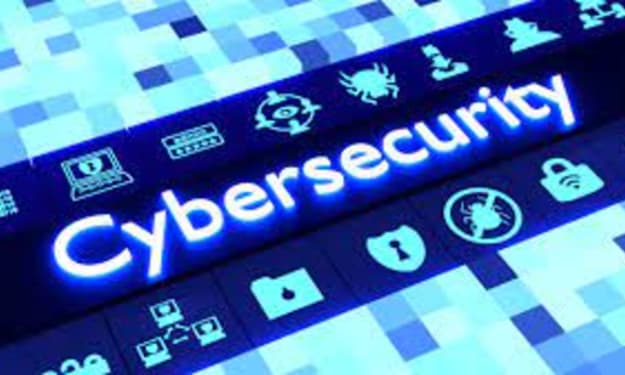"Blockchain Technology: Benefits, Challenges, and Future Applications"
From Bitcoin to Supply Chain Management and Beyond

Blockchain technology has the potential to revolutionize the way we conduct business and interact with each other online. A blockchain is a decentralized, distributed database that allows multiple parties to record and verify transactions without the need for a central authority.
One of the key benefits of blockchain technology is its ability to facilitate secure and transparent transactions. Because a blockchain is decentralized, it is difficult for any single party to manipulate the data stored on it. This makes it an appealing option for conducting financial transactions and other types of exchanges that require a high degree of trust and security.
In addition to its use in financial transactions, blockchain technology has the potential to be applied in a wide range of industries and sectors. For example, it could be used to track the supply chain of products, enabling consumers to verify the origin and authenticity of the items they purchase. It could also be used to create and manage secure, digital identities, enabling individuals to control their own personal data and share it with others on their own terms.
One of the most well-known applications of blockchain technology is the creation of digital currencies, such as Bitcoin. However, the potential uses of blockchain go far beyond just creating and exchanging digital assets.
Despite its potential, blockchain technology is still in its early stages and there are challenges to its widespread adoption. For example, there are concerns about the energy consumption and environmental impact of some blockchain systems, as well as the need for more robust regulatory frameworks.
Overall, blockchain technology has the potential to transform the way we interact and do business online. It offers a secure, transparent, and decentralized way to conduct transactions and exchange information, and its potential applications are virtually limitless.
Another potential use for blockchain technology is in the area of smart contracts. A smart contract is a self-executing contract with the terms of the agreement between buyer and seller being directly written into lines of code. The code and the agreements contained therein are stored and replicated on a blockchain network.
Smart contracts have the potential to streamline and automate a wide range of business processes, from real estate transactions to supply chain management. They can reduce the need for intermediaries, such as lawyers and brokers, and reduce the potential for fraud or errors.
In addition to its potential uses in the business world, blockchain technology could also be used to improve the transparency and accountability of government and other public institutions. For example, it could be used to create secure and transparent voting systems or to track the distribution of aid in disaster situations.
Despite its many potential benefits, blockchain technology is still in its early stages and there are a number of challenges to its widespread adoption. One major challenge is the need for more robust regulatory frameworks to ensure the security and integrity of blockchain systems. There are also concerns about the energy consumption and environmental impact of some blockchain systems, as well as the need for more user-friendly interfaces to make it more accessible to a wider audience.
Overall, it is clear that blockchain technology has the potential to transform the way we interact and do business online. It offers a secure, transparent, and decentralized way to conduct transactions and exchange information, and its potential applications are virtually limitless.
Another potential use for blockchain technology is in the realm of healthcare. The decentralized and secure nature of blockchain systems makes them well-suited for storing and managing sensitive health information. For example, blockchain technology could be used to create a secure and interoperable electronic health record system, enabling healthcare providers to access and share patient information more efficiently.
In addition, blockchain technology could be used to facilitate the secure exchange of medical data between different stakeholders, such as hospitals, laboratories, and insurance companies. This could help improve the accuracy and timeliness of diagnoses and treatments, as well as reduce the risk of medical errors.
Another area where blockchain technology could have a significant impact is in the field of drug development and supply chain management. By using blockchain to track and verify the origin and movement of pharmaceuticals, it would be possible to reduce the risk of counterfeiting and ensure that patients receive safe and effective medications.
About the Creator
Syed Abdul Moiz Bukhari
SAMB is a 16-year-old web designer, article writer, and O level student with a passion for creativity and technology. He is dedicated to building his skills and experience, and is eager to continue growing!
Enjoyed the story? Support the Creator.
Subscribe for free to receive all their stories in your feed. You could also pledge your support or give them a one-off tip, letting them know you appreciate their work.






Comments
There are no comments for this story
Be the first to respond and start the conversation.